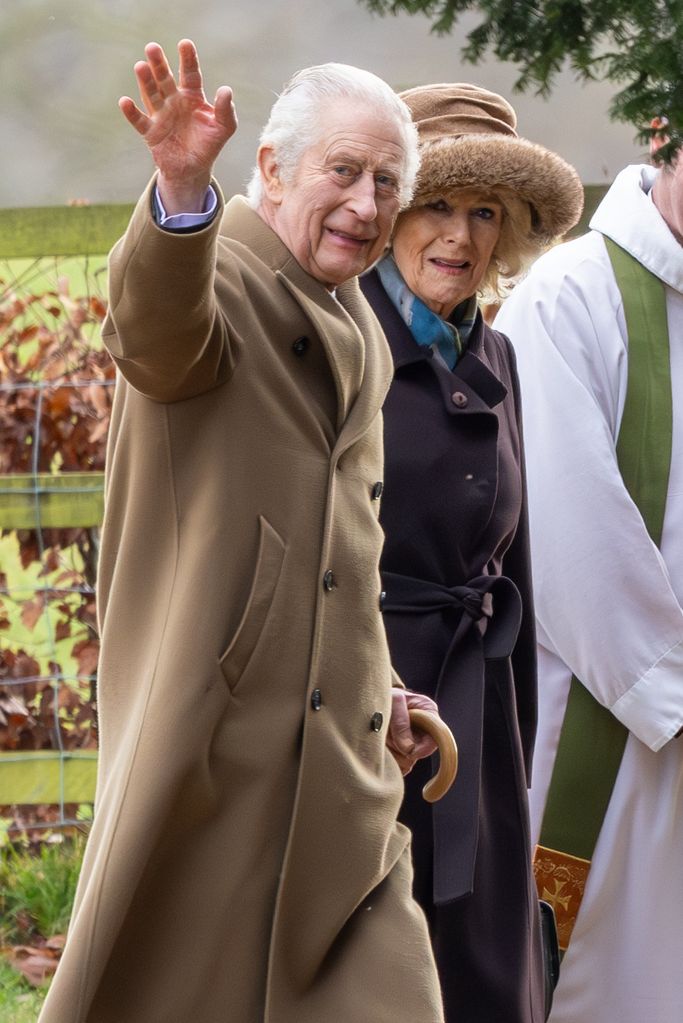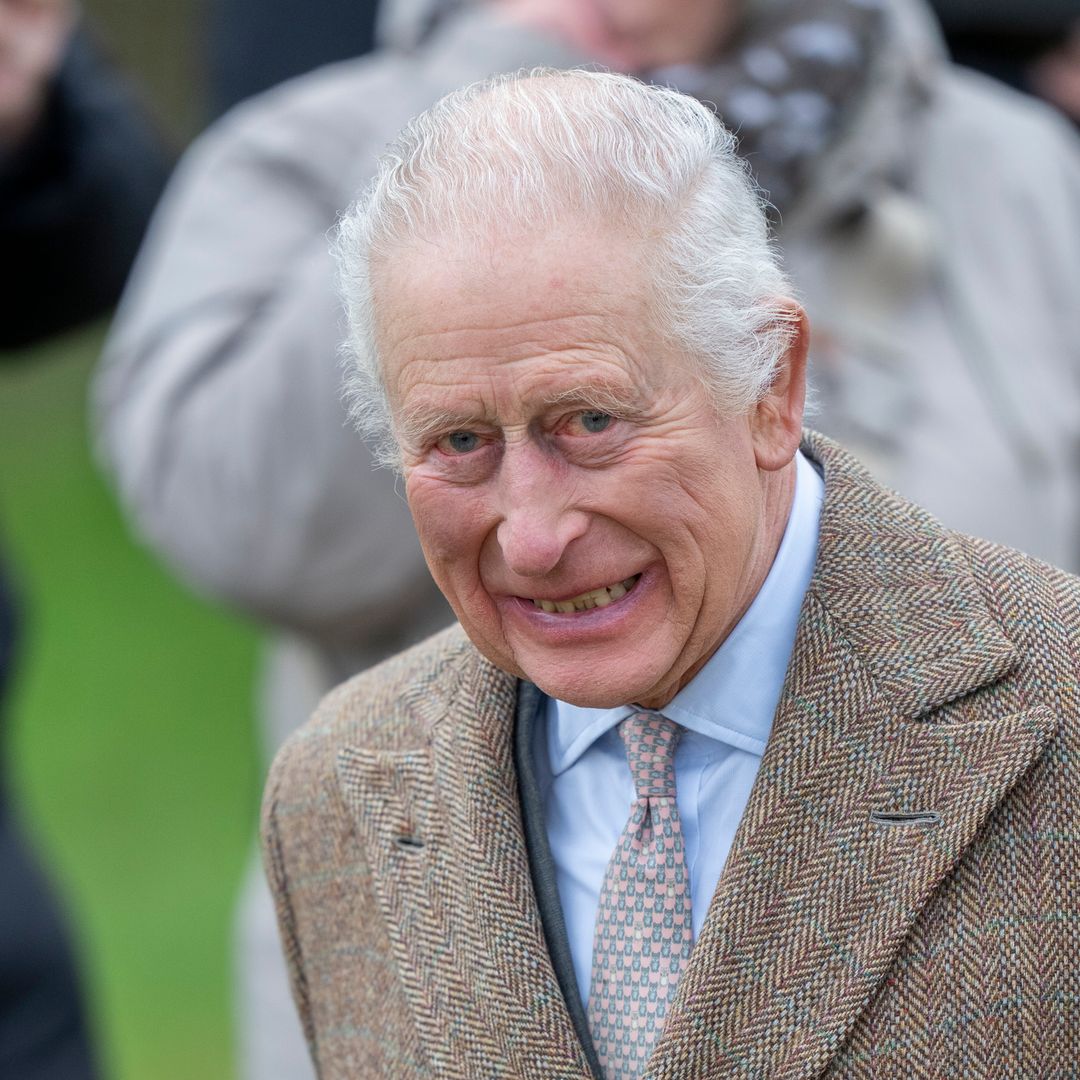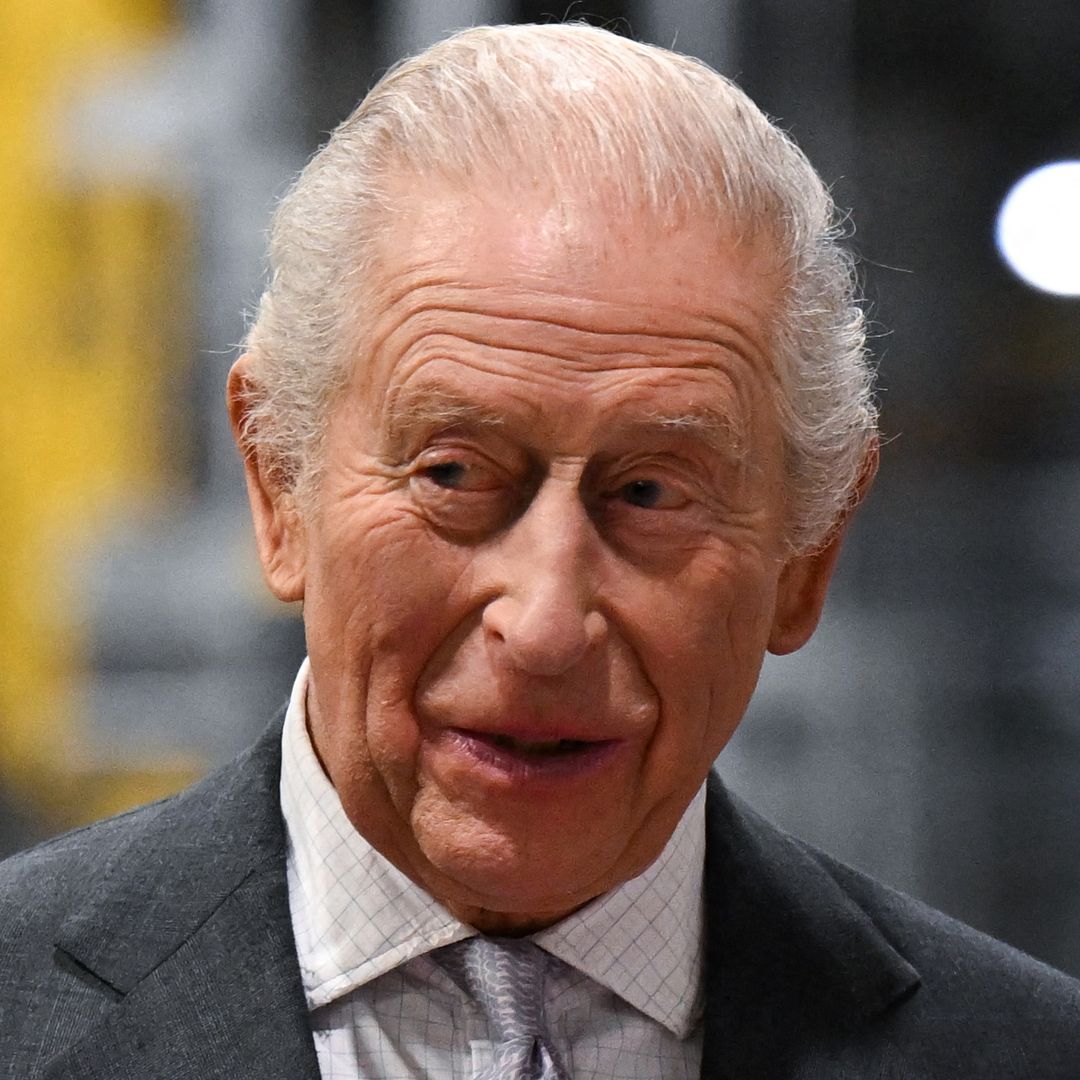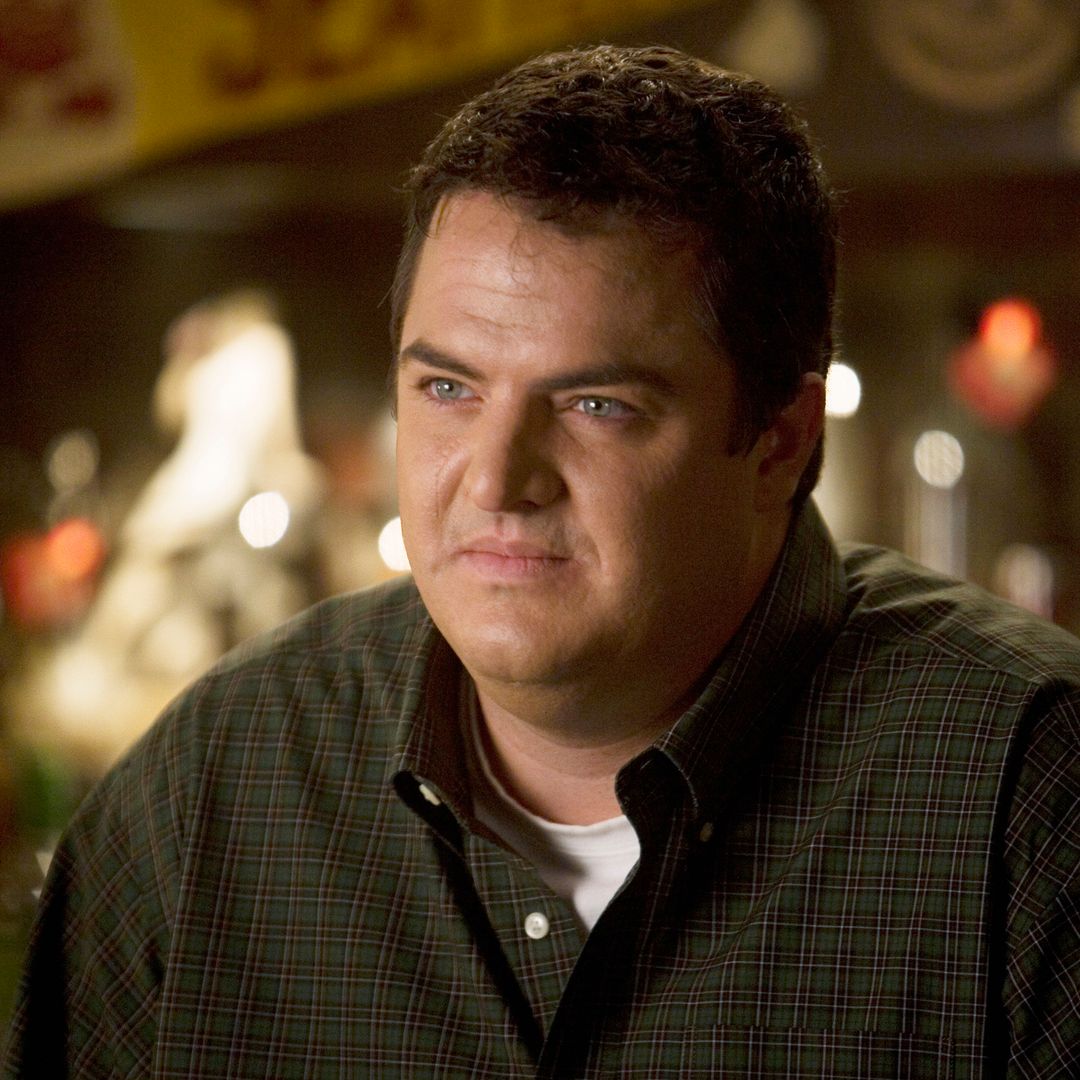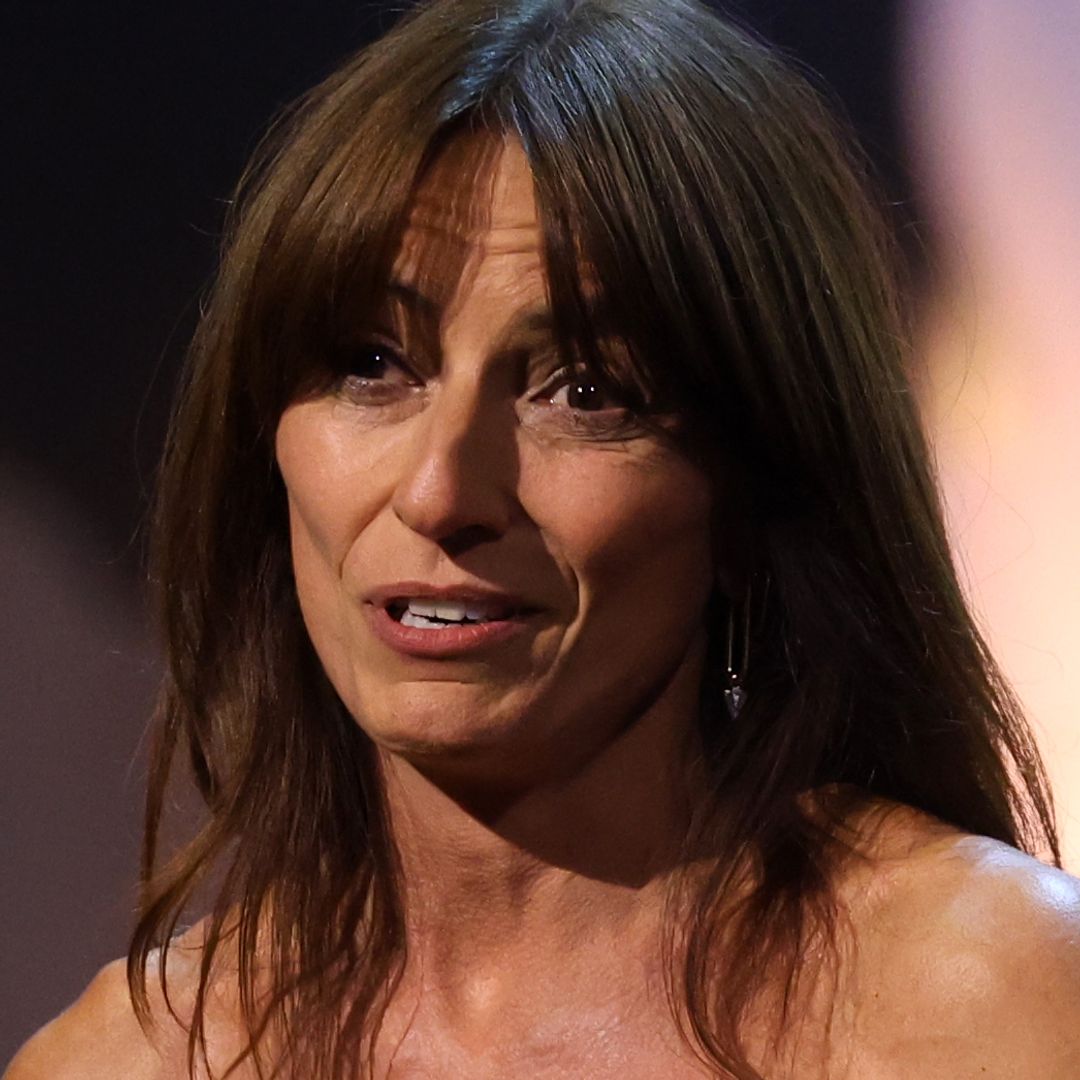On Monday, it was revealed that King Charles has been diagnosed with cancer. There has been no confirmation about what type of cancer Charles has, nor what his treatment looks like moving forward, but Queen Camilla revealed he is doing "extremely well under the circumstances."
In light of the news, HELLO! sat down with leading cancer expert Dr Tom Roques, who shed some light on the importance of early detection and the impact it has on survival rates, as well as how well the NHS has advanced in treatment methods.
Dr Roques is the Vice President of Clinical Oncology at the Royal College of Radiologists, the professional body supporting clinical oncologists who are doctors who treat cancer, and clinical radiologists who are doctors who interpret scans and will often diagnose cancer. He is also a practising cancer doctor at the Norfolk and Norwich University Hospital.
Talking about early diagnosis, Dr Roques said: "For most cancers, early diagnosis is key, because the earlier you find a cancer, the better the chances of it being cured. For many cancers, the main difference is whether it's confined to one part of your body or has spread somewhere else, because most cancers that spread to other parts of the body are much more difficult to cure, although they can be often kept under control for many months or even years with modern treatment.
"But if you can find cancer when it's just in one part of the body, then often you can use surgery or radiotherapy treatments to get rid of it. So that's really a lot of what NHS England has been doing recently is trying to encourage people to come forward as soon as they get symptoms to get checked out.
What symptoms to look out for
Throughout the conversation, Dr Roques explained the NHS operates around excluding cancer as a possibility for patients who may encounter similar symptoms to ensure as many people can be correctly diagnosed as possible.
"What the NHS has tried to do is to set the bar for symptoms quite low on purpose, so that we try and find the people who've got cancer within that haystack if you like. So most people who have a cough for more than three weeks will not have lung cancer, but maybe 5% of them will."
"There's a list of symptoms that might be cancer that GPs are trained to look out for and that we encourage patients to seek help for, and they depend on the part of the body where you might have cancer. So if it's in your lungs, it's having a cough for more than three weeks or being unusually breathless. If it's possible bowel cancer, it's a change in your bowel habits or passing blood in your motions. If it's throat cancer, it might be a lump in your neck or difficulty swallowing."
"It's being aware of your body, and persistent symptoms that aren't going away after a few weeks."
Screening programmes
One of the other ways cancer is detected is by screening programmes.
"There are lots of what we call screening programs, so ways of testing people who don't have any symptoms," Dr Roques explained.
"The most famous of them is the breast cancer screening program with mammograms for women over 50, but there are others also for bowel cancer and cervix cancer and now for lung cancer, which are trying to find cancers before they even become symptomatic.
He added: "We also know that for some people, and I think this is probably the situation that the King is in, you sometimes find cancer when you're having tests for other things. And again, that's when people don't have any symptoms, but a scan they have or an examination happens to find a cancer that they weren't aware of, and again, you'd hope that meant it was caught at an early stage."
Survival rates
"We're getting much better at curing cancer and at managing cancer that you can't cure," Dr Roques revealed.
"We know that over half the people diagnosed with cancer will live longer than 10 years and essentially be cured and we've seen the majority of women with breast cancer get cured, I think it's about 80%.
"We're seeing improvements in other cancers like lung cancer, which we weren't good at curing many years ago and that's because we're better at diagnosing cancer earlier and we've got better techniques with surgery and radiotherapy in particular to get rid of the cancer.
"We're also seeing real advances in drug treatments which often don't cure but tend to prolong people's lives and those treatments are getting more effective and they're also getting better in terms of side effects.
"We've now got drug treatments, in some types of cancer, that will allow people to live for years. Essentially you're changing cancer from something that you might expect to die from within months or a year or so, to a chronic illness that you can live with sometimes for the rest of your natural life. And so hopefully that's taking some of the fear away from cancer."

